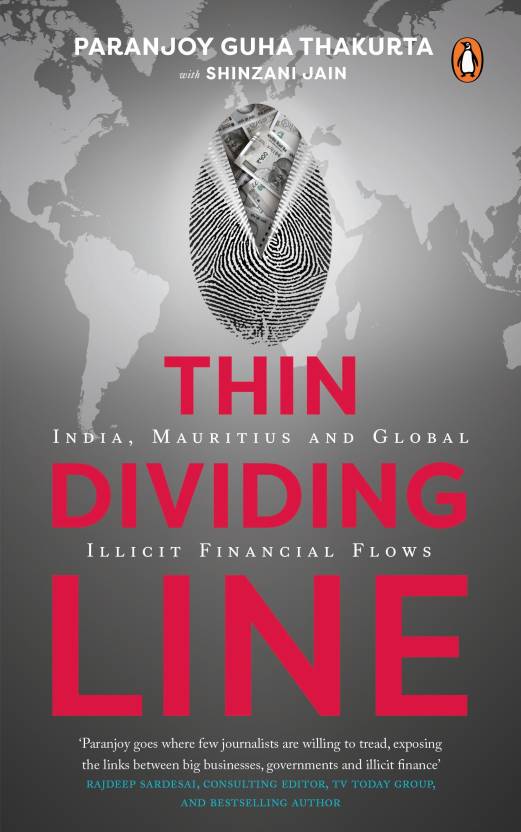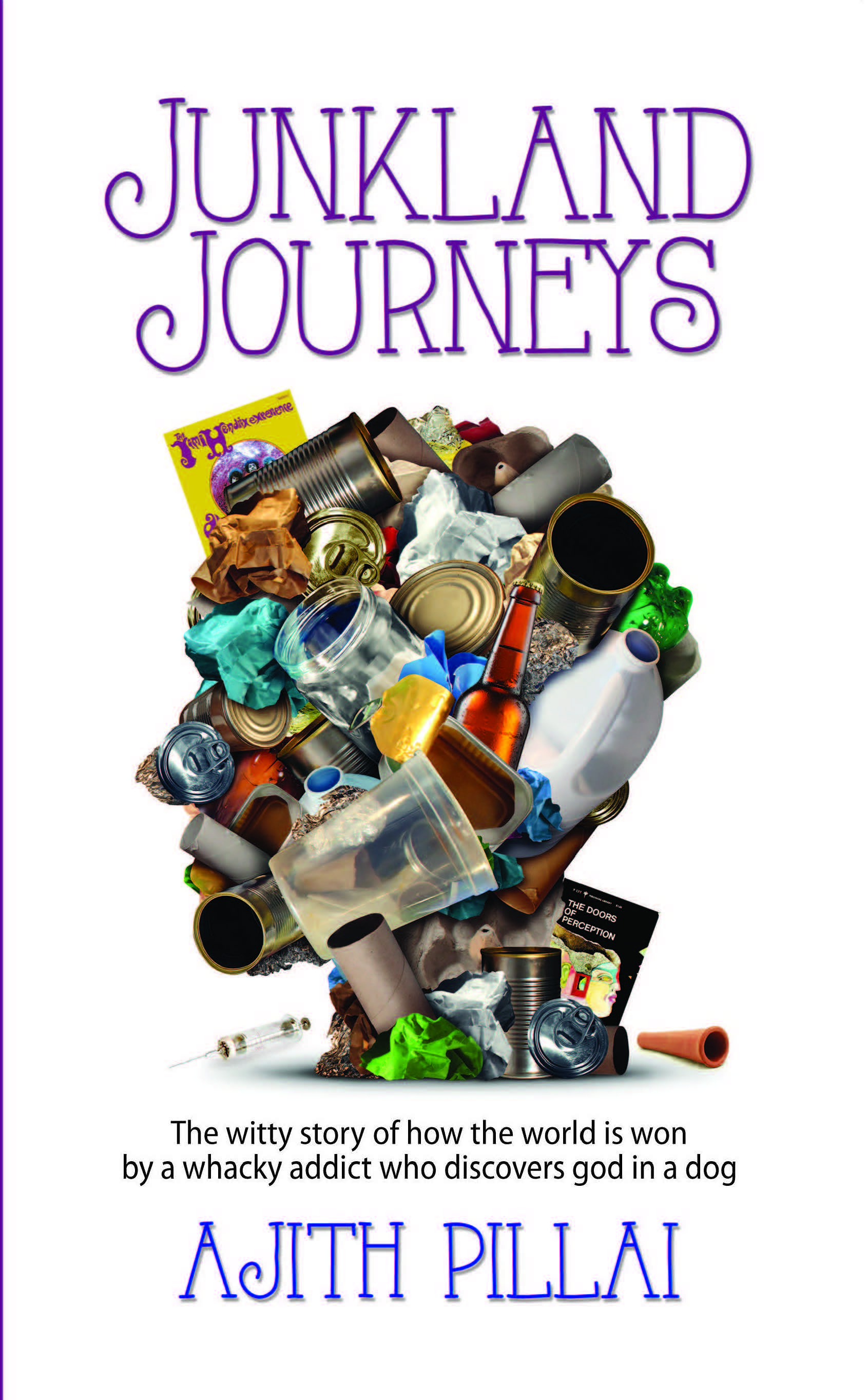Chandan Saurav Mitra, or CS as some of his old friends called him, would have turned 67 on 12 December had he not left us. From academics he turned to journalism and then, politics. He had an amazingly-wide range of interests: from Bollywood film songs to international politics. He was incredibly bright and intelligent, had a sharp wit and sense of repartee. He was exceptionally alert till the last few months of his life when his memory started failing. He enjoyed all the best things of life till his body gave up on him and he gave up on his body and life by, among other things, refusing to quit smoking despite a brain surgery in early-2019.
The only son of a relatively wealthy father, CS grew up in Calcutta well before it became Kolkata. Like many young men from a privileged background, he was attracted to ultra-left politics in the final years of his school life in La Martiniere for Boys. His views remained distinctly left-of-centre when he studied in St Stephen’s College, the Arts Faculty in the University of Delhi and then at Magdalen College, Oxford University.
From his school days, he was deeply interested in politics. He plunged headlong into the anti-Emergency movement in the mid-1970s as a student. He then became an activist with the Communist Party of India (Marxist), especially as a teacher in Hansraj College in Delhi University, before he left the country to study in the United Kingdom.
I am personally indebted to him. He was my main source for the first article that carried my by-line which was published in the now-defunct Perspective monthly in May 1977. It was titled “Tin tyrants on Delhi campus.” Our conversation took place on a 17-hour train journey on the New Delhi-Howrah Rajdhani Express. By then, CS had become a friend of Arun Jaitley.
Much later, he would dismiss his leftist predilections as “youthful aberrations” when his views turned sharply rightwards. He became an ardent acolyte of the former Deputy Prime Minister of India Lal Krishna Advani. He was trenchant in his opposition to the recommendations of the Mandal Commission when Vishwanath Pratap Singh was Prime Minister and wholeheartedly supported the Ram Janmabhoomi movement led by Advani.
In switching his ideological preferences, he was similar to his school and college mate Swapan Dasgupta, Bharatiya Janata Party Member of the Rajya Sabha; and very dissimilar to this writer who also studied in school and college with him. CS and Swapan would often rib me for having the consistency of a mule or was it a donkey?
The side-lining of his mentor Advani after Narendra Modi’s ascendancy in the BJP saw CS moving away from the limelight. He then joined the Trinamool Congress in July 2018. His movements had become constrained.
From his adolescence and youth, CS stood out for his brilliance in writing, speaking, and debating in three languages: besides English and his mother tongue Bengali, he had an amazing felicity in Hindi, thanks largely to his addiction to Bollywood films and songs, the lyrics of many of which he could recite by heart. His charismatic personality attracted individuals from diverse walks of life, from makers of crude bombs to singers of songs by his favourite duo of composers Laxmikant Pyarelal.
In his last years in school, he distributed “underground” literature and oversaw his friends devise an explosive device from an empty coffee can stuffed with grass chips and gravel. A “chocolate bomb” with its wick coming out of a hole in the bottom of the can served as a detonator and a lit Charminar cigarette acted as a slow fuse. The device was placed in the middle of our playing field.
From his school and college days, CS was an avid viewer of Bollywood films. He would copy Rajesh Khanna tilting his head as he lip-synched his favourite songs. Nobody could disturb him in his college room when he would listen to Binaca Geetmala on Radio Ceylon compered by Amin Sayani. He once told me how disappointed he felt when he met the real Zeenat Aman face to face, who turned out to be not a patch on the Zeenie-Baby on the big silver screen.
He topped our school as its first “five point” student. He moved seamlessly from being an economics undergraduate to earn first, a post-graduate degree, and then a Ph.D in history from Oxford University. His Ph.D thesis was titled “Political mobilisation and the nationalism movement in India: A study of eastern Uttar Pradesh and Bihar, 1936-1942.” It was written under the tutelage of well-known historian Tapan Raychaudhuri.
His move from academics to journalism was as seamless as his transition from studying economics to history. His transition from journalism to politics was arguably even smoother. He had two six-year terms in the Rajya Sabha, first as a nominated member (2003-09) and then as an elected member from Madhya Pradesh (2010-16).
His journalistic career started from The Statesman in Kolkata. Thereafter, he hopped jobs rapidly and worked in senior editorial positions in the Times of India, the Hindustan Times, the Sunday Observer and finally, as the part-owner and editor of The Pioneer from which publication he resigned as printer and publisher of as recently as June 2021.
By then, the physical condition of his body had started deteriorating rapidly even as his faculties remained as sharp as ever. I knew him from the time he was ten and I, nine. I saw his many avatars at close quarters and criticized his contradictions. We stopped agreeing with each other several years ago. But I never thought his tumultuous life would end when it did. RIP, CS. You left us too soon.


